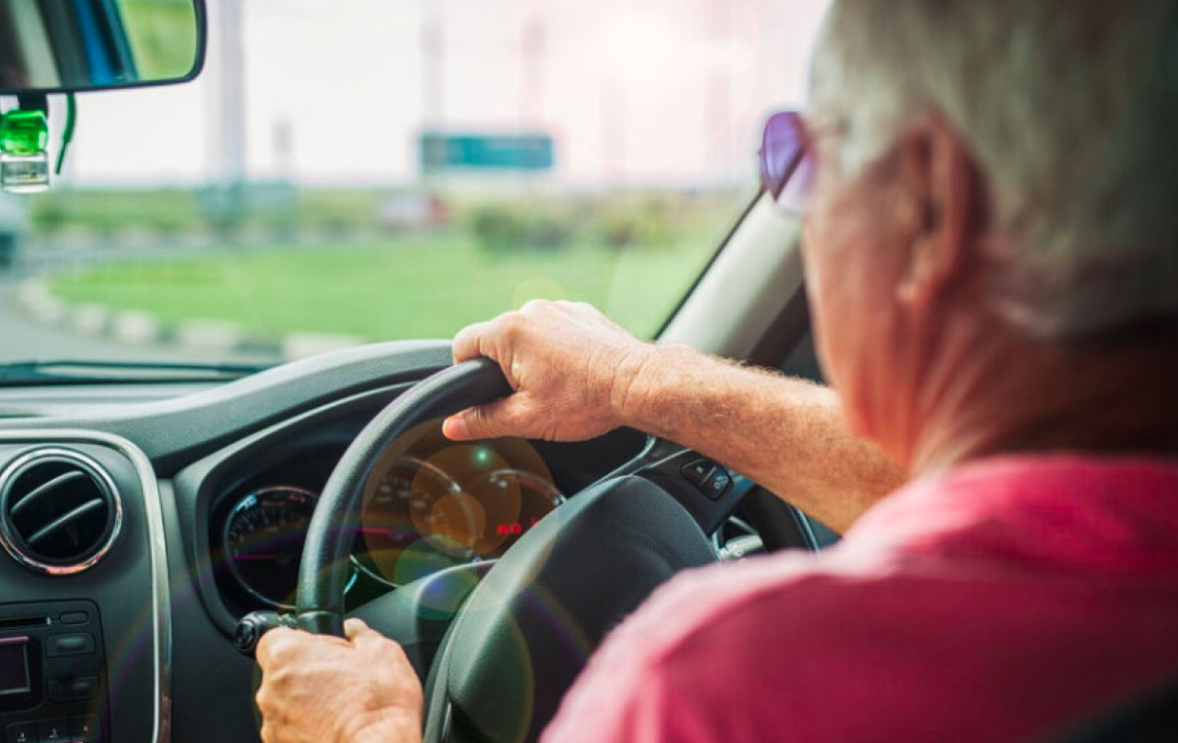A quiet revolution may be coming for drivers over 70—and not everyone is ready for it.
New proposals suggest that older drivers could soon face stricter limitations or more frequent testing. It’s a conversation that raises tough questions: Is a lifetime of driving experience enough to stay behind the wheel forever? Or do the physical changes that come with aging demand new rules of the road?
At the heart of this debate lies a deeper challenge: How do we protect everyone on the road without unfairly stripping seniors of their independence?
When Experience Collides With Decline
In La Rochelle, France, a tragic crash made headlines when an 83-year-old woman driving the wrong way collided with a group of children on bicycles. Several were injured. The driver, by all accounts, had decades of experience—but one mistake changed everything.
She is not alone. Data shows that drivers over 75 are involved in car accidents nearly as often as drivers aged 18 to 24. The causes are different—inexperience versus physical decline—but the results can be the same.
Slower reflexes, reduced vision, and hearing loss can make even routine drives dangerous. A slight delay in noticing a pedestrian or braking for a red light might be all it takes.
So where do we draw the line?
Age Alone Isn’t the Answer—But Neither Is Ignoring the Risks
Currently, in France, a driver’s license is valid for life unless a court intervenes. There’s no routine testing for age-related health changes. That hands-off approach is now under scrutiny.
Meanwhile, countries like Germany and Italy require medical check-ups after a certain age—evaluating vision, reflexes, and cognitive function to ensure drivers can still operate safely.
Critics of France’s policy ask: Can we really rely on self-awareness when lives are at stake?
A Smarter Way Forward
The goal shouldn’t be to punish older drivers—it should be to support them. Here’s what a more balanced approach could look like:
-
Voluntary Medical Checkups: Seniors can assess their own readiness to drive through optional health screenings. These tests offer guidance without judgment.
-
Refresher Driving Courses: Roads evolve, and so do cars. Courses tailored for seniors can update them on new rules, roundabout etiquette, and assistive vehicle tech.
-
Technology to the Rescue: Automatic cars and features like blind-spot detection and emergency braking can bridge the gap between aging reflexes and modern traffic demands.
-
Personalized Driving Plans: For some, full driving may no longer be ideal—but partial privileges (like only driving during daylight or within a local radius) can preserve autonomy.
-
Community-Based Support: Driving shouldn’t be all or nothing. Peer groups, workshops, and mentorship programs can help seniors stay connected and confident.
Dignity, Not Discrimination
We must resist ageist stereotypes that paint all senior drivers as liabilities. Many have driven for 50+ years without a single accident. Their knowledge, caution, and road wisdom are real assets.
But aging affects everyone differently. Rather than using age as a blunt tool, we need systems that assess individual capability with fairness and compassion.
The Road Ahead
As the population ages, the need for thoughtful reform becomes more urgent. Yes, public safety must come first. But independence matters too. Driving is more than transportation—it’s freedom, identity, and connection to the outside world.
By blending medical insight, technology, education, and empathy, we can create a system where older adults don’t feel pushed off the road—but supported to stay on it safely, for as long as they’re able.
Because the right to drive isn’t about how old you are. It’s about how well you can handle the road.
And in a society that values both freedom and responsibility, that’s the kind of road we should all want to travel.

Sophia Reynolds is a dedicated journalist and a key contributor to Storyoftheday24.com. With a passion for uncovering compelling stories, Sophia Reynolds delivers insightful, well-researched news across various categories. Known for breaking down complex topics into engaging and accessible content, Sophia Reynolds has built a reputation for accuracy and reliability. With years of experience in the media industry, Sophia Reynolds remains committed to providing readers with timely and trustworthy news, making them a respected voice in modern journalism.
